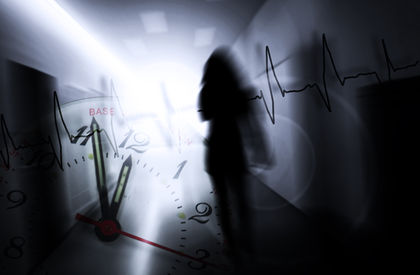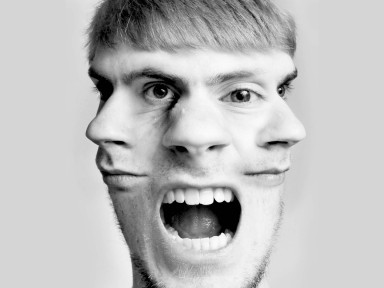Delusional disorder or Paranoid disorder, is a type of serious mental illness called a “psychosis” in which a person cannot tell what is real from what is imagined. The main feature of this disorder is the presence of delusions, unshakable beliefs in something untrue or not based on reality. People with delusional disorder generally experience non-bizarre delusions, which involve situations that could occur in real life, such as being followed, poisoned, deceived, conspired against, or loved from a distance. These delusions usually involve the misinterpretation of perceptions or experiences. In reality, however, the situations are either not true at all or highly exaggerated. If the delusions could not happen in reality (aliens, television broadcasting your thoughts) then a person might be considered delusional with bizarre-type delusions.
People with delusional disorder often can continue to socialize and function normally, apart from the subject of their delusion, and generally do not behave in an obviously odd or bizarre manner. This is unlike people with other psychotic disorders, who also might have delusions as a symptom of their disorder. In some cases, however, people with delusional disorder might become so preoccupied with their delusions that their lives are disrupted.
Delusional disorder most often occurs in middle to late life and is slightly more common in women than in men.
There are different types of delusional disorder based on the main theme of the delusions experienced. The types of delusional disorder include:
- Erotomanic: Someone with this type of delusional disorder believes that another person, often someone important or famous, is in love with him or her. The person might attempt to contact the object of the delusion, and stalking behavior is not uncommon.
- Grandiose: A person with this type of delusional disorder has an over-inflated sense of worth, power, knowledge, or identity. The person might believe he or she has a great talent or has made an important discovery.
- Jealous: A person with this type of delusional disorder believes that his or her spouse or sexual partner is unfaithful.
- Persecutory: People with this type of delusional disorder believe that they (or someone close to them) are being mistreated, or that someone is spying on them or planning to harm them. It is not uncommon for people with this type of delusional disorder to make repeated complaints to legal authorities.
- Somatic: A person with this type of delusional disorder believes that he or she has a physical defect or medical problem.
- Mixed: People with this type of delusional disorder have two or more of the types of delusions listed above.
The presence of non-bizarre delusions is the most obvious symptom of this disorder. Other symptoms that mighty appear include:
- An irritable, angry, or low mood
- Hallucinations (seeing, hearing, or feeling things that are not really there) that are related to the delusion (For example, a person who believes he or she has an odor problem may smell a bad odor.)



